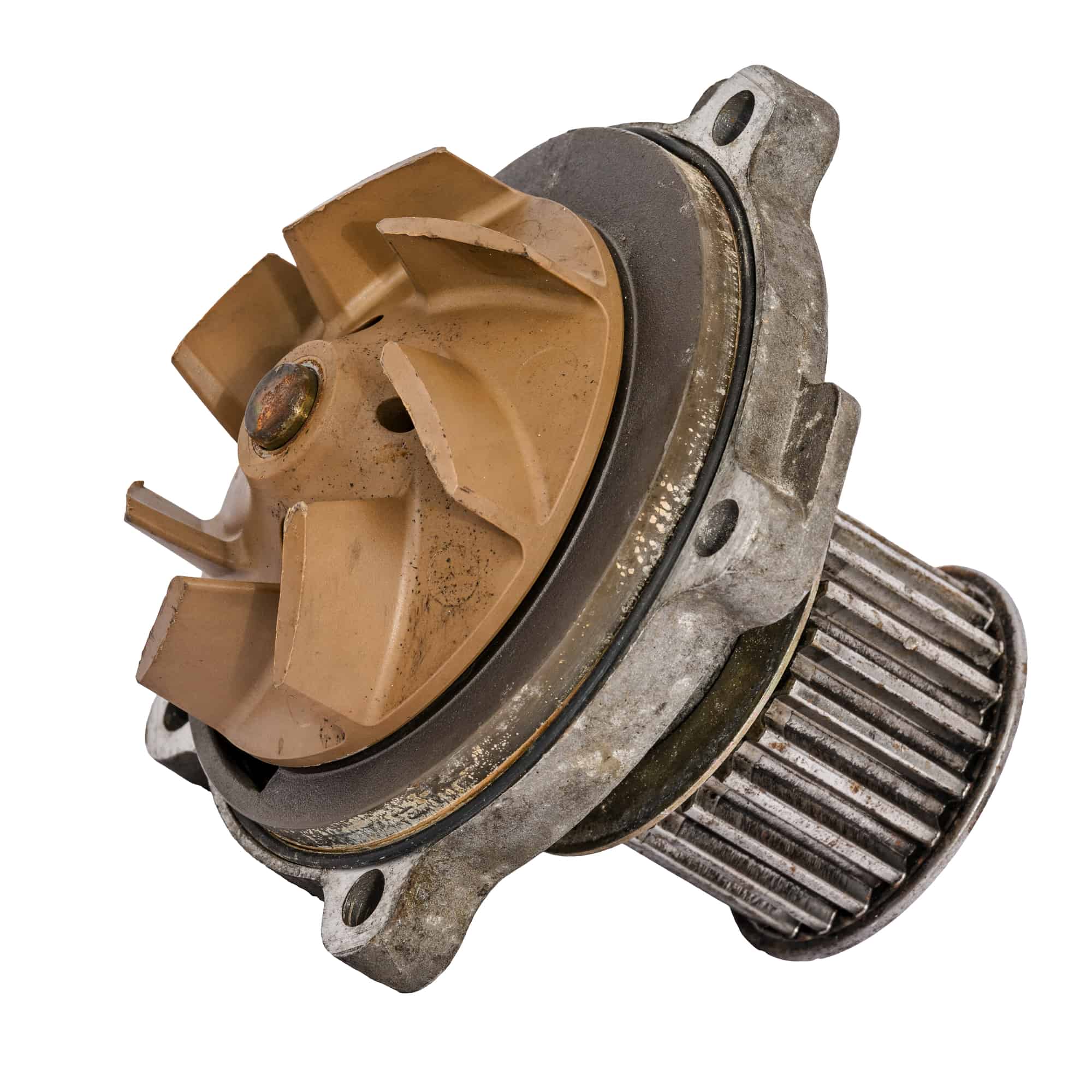

Articles
What Happens If Water Pump Fails
Modified: August 17, 2024
Learn what happens when a water pump fails and how to prevent it. Read our informative articles for tips and advice to avoid costly repairs.
(Many of the links in this article redirect to a specific reviewed product. Your purchase of these products through affiliate links helps to generate commission for Storables.com, at no extra cost. Learn more)
Introduction
A water pump is a crucial component in a vehicle’s cooling system, responsible for circulating coolant throughout the engine to prevent overheating. When the water pump fails, it can lead to severe consequences for the engine and overall performance of the vehicle. Understanding the causes and signs of water pump failure is essential for timely repairs and maintenance.
In this article, we will delve into the intricacies of water pumps, common causes of failure, signs to look out for, and potential consequences if the issue is left unaddressed. We will also provide valuable tips for preventing water pump failure and best practices for maintenance. By the end of this article, you will have a comprehensive understanding of the importance of a functioning water pump and how to keep it in peak condition.
Key Takeaways:
- Regular maintenance and prompt repairs are crucial in preventing water pump failure and subsequent engine damage. Addressing coolant leaks and abnormal engine temperatures promptly can help avoid costly repairs and ensure the longevity of your vehicle’s engine.
- Preventing water pump failure requires regular inspections, proper coolant maintenance, and addressing coolant leaks promptly. Following manufacturer’s guidelines, using quality coolant, and consulting a professional mechanic are essential in maintaining the health of your vehicle’s cooling system.
Read more: What Happens When Water Pump Goes Out
Understanding the Water Pump
The water pump is a vital component of a vehicle’s cooling system, responsible for circulating coolant throughout the engine to regulate its temperature. It is typically driven by a belt connected to the engine’s crankshaft or a separate electric motor, depending on the vehicle’s design.
The water pump consists of several key elements, including the impeller, housing, and shaft. The impeller, usually made of durable materials such as metal or plastic, is responsible for creating the necessary force to circulate the coolant. The housing encloses the impeller and directs the flow of coolant, while the shaft connects the impeller to the drive mechanism.
Water pumps may vary in design depending on the vehicle’s make and model. Some vehicles have a traditional belt-driven water pump, while others employ an electric water pump that eliminates the need for a belt.
The primary function of the water pump is to continuously circulate coolant through the engine block and cylinder heads, allowing heat to be dissipated. It ensures that the engine maintains an optimal operating temperature, preventing overheating that can lead to severe engine damage.
Without an efficiently functioning water pump, the engine’s cooling system cannot effectively regulate temperature, exposing the engine to potential overheating and other associated issues. Understanding how the water pump works and its role in maintaining engine performance is crucial in identifying and addressing potential problems.
Common Causes of Water Pump Failure
Water pump failure can be attributed to several factors, ranging from normal wear and tear to manufacturing defects. Understanding these common causes can help vehicle owners take proactive measures to prevent water pump failure.
- Age and Mileage: Over time, the components of a water pump can deteriorate due to constant use and exposure to heat and coolant. As the vehicle ages and accumulates mileage, the likelihood of water pump failure increases.
- Leaking Seals: The seals surrounding the water pump can degrade and develop leaks over time. This can result in coolant leakage, reducing its ability to effectively circulate through the engine and leading to potential overheating.
- Bearing Failure: The bearings within the water pump can wear out or become damaged, causing the impeller to wobble or seize. This disrupts the flow of coolant and can lead to further complications if not addressed promptly.
- Corrosion and Deposits: Over time, corrosion and the accumulation of mineral deposits can occur within the water pump. This can hinder the smooth flow of coolant and impede the functionality of the pump over time.
- Contaminated Coolant: Using contaminated or improper coolant can contribute to water pump failure. Coolant that is not formulated for the specific vehicle or is contaminated with debris can cause damage to the seals, bearings, and impeller, resulting in pump malfunction.
- Manufacturing Defects: In rare cases, water pump failure can be attributed to manufacturing defects. This can include faulty components, inadequate assembly, or quality control issues.
It is important to note that these causes are not exhaustive, and other factors can contribute to water pump failure. Regular maintenance, including coolant flushes and inspections, can help identify and address potential issues before they escalate.
Signs of a Failing Water Pump
Identifying the signs of a failing water pump is crucial in preventing further damage to the engine and cooling system. Here are some common indicators that your water pump may be malfunctioning:
- Coolant Leaks: One of the most evident signs of a failing water pump is coolant leakage. You may notice pools of coolant forming underneath your vehicle, or you may observe a decrease in coolant levels without any apparent reason. Leaking coolant can lead to engine overheating and should be addressed promptly.
- Engine Overheating: If the water pump is not circulating coolant effectively, the engine may start to overheat. Pay attention to the temperature gauge on your vehicle dashboard. If it consistently reads abnormally high, it could be an indication of a failing water pump.
- Irregular Noises: A malfunctioning water pump may produce unusual noises coming from the engine compartment. These noises can vary, but common ones include grinding, whining, or squeaking sounds. If you notice any unusual noises, it is advisable to have your water pump inspected.
- Vibrations or Wobbling: A failing water pump can cause vibrations or wobbling in the engine, particularly at idle or low speeds. These vibrations can be felt through the steering wheel or the vehicle’s cabin. If you experience this, it is crucial to have the water pump checked by a professional mechanic.
- Increased Engine Temperature: Another sign of a failing water pump is a noticeable increase in the engine temperature during normal driving conditions. If you consistently observe higher than normal engine temperatures, it is essential to address the issue promptly to avoid further damage to the engine.
- Steam from the Engine: If you see steam coming from the engine or notice a sweet smell when you open the hood, it could be an indication of a coolant leak or a failing water pump. These visible signs should be taken seriously, and the water pump should be inspected immediately.
It is important to note that these signs can also be associated with other engine issues, so it is best to have your vehicle inspected by a qualified mechanic to accurately diagnose the problem.
Consequences of Water Pump Failure
When a water pump fails, it can have significant consequences for the engine and the overall performance of the vehicle. Ignoring water pump issues can lead to more severe damage and expensive repairs. Here are some of the potential consequences of water pump failure:
- Overheating Engine: A malfunctioning water pump prevents the proper circulation of coolant, leading to inadequate cooling of the engine. This can result in engine overheating, which can cause irreversible damage to engine components such as cylinder heads, gaskets, and pistons.
- Coolant Leaks: A failed water pump can cause coolant to leak from the pump itself or from other connected components. Coolant leaks not only lead to inefficient cooling but also result in a loss of coolant. This can further contribute to engine overheating and can potentially cause engine damage if the coolant level becomes too low.
- Engine Damage: Continuous overheating due to water pump failure can cause extensive damage to engine components. Overheated engine components can warp, crack, or seize, leading to costly repairs or even the need for an engine replacement.
- Decreased Fuel Efficiency: When the engine is not operating at optimal temperature, fuel efficiency is negatively affected. The engine may run less efficiently, leading to increased fuel consumption and higher fuel costs over time.
- Stranded on the Road: Water pump failure can happen unexpectedly, and if not addressed in a timely manner, it can leave you stranded on the road. In addition to the inconvenience, this can also lead to further damage if the engine continues to run while overheating.
It is important to remember that the severity of the consequences can vary depending on factors such as the extent of the failure and how quickly the issue is addressed. Regular maintenance and prompt repairs are essential to minimize the potential damage caused by water pump failure.
Regularly check and maintain your water pump to prevent failure. Look for signs of leaks, unusual noises, or overheating, and address any issues promptly to avoid potential damage to your vehicle’s engine.
Read more: What Causes A Water Pump To Go Bad
Overheating Engine
One of the most immediate and concerning consequences of water pump failure is an overheating engine. The water pump plays a crucial role in the cooling system, circulating coolant to dissipate heat and maintain a stable operating temperature for the engine. When the water pump fails, the coolant cannot flow properly, resulting in inadequate cooling and ultimately, engine overheating.
An overheating engine is a serious issue that should not be ignored, as it can cause extensive damage if left untreated. Here are some key points to understand about an overheating engine:
Causes of Engine Overheating:
- Insufficient coolant circulation due to a failed water pump
- Coolant leaks resulting in low coolant levels
- Malfunctioning thermostat that is not regulating the coolant flow properly
- Blocked radiator or cooling system due to debris or sediment buildup
- Excessive engine load or high ambient temperatures
Consequences of Engine Overheating:
- Damage to engine components: When an engine overheats, various components can suffer damage. The cylinder heads can warp or crack, causing leaks and loss of compression. The head gasket can fail, leading to coolant and oil mixing, which can cause further engine damage. Additionally, pistons, rings, and other internal engine parts can become damaged due to the increased temperature and friction.
- Engine seizure: If the engine temperature continues to rise uncontrollably, there is a risk of the engine seizing. When an engine seizes, it becomes completely locked up and cannot function. This is a catastrophic failure that often requires a complete engine replacement.
- Reduced performance and fuel efficiency: An overheating engine may not operate efficiently, leading to reduced performance and increased fuel consumption. The engine may run sluggishly, lose power, or exhibit rough idling, negatively impacting the overall driving experience.
- Expensive repairs: Repairing engine damage caused by overheating can be costly. Depending on the extent of the damage, repairs may involve replacing cylinder heads, the head gasket, pistons, or even the entire engine. Preventing engine overheating through proper maintenance and addressing water pump issues promptly can help avoid these expensive repairs.
Recognizing the signs of an overheating engine, such as a rising temperature gauge, steam coming from the engine, or the smell of coolant, is crucial. If you suspect that your engine is overheating, it is important to take immediate action by pulling over to a safe location, turning off the engine, and allowing it to cool down. Refraining from attempting to drive an overheating engine can help prevent further damage.
Regular maintenance, including inspecting the water pump for signs of wear and addressing coolant leaks promptly, is essential in preventing water pump failure and subsequent engine overheating. It is also recommended to follow the manufacturer’s guidelines for coolant flushing and replacement to ensure the optimal functioning of the cooling system and the longevity of the engine.
Coolant Leaks
One of the telltale signs of a failing water pump is coolant leakage. Coolant, also known as antifreeze, is a vital fluid that plays a crucial role in maintaining the engine’s temperature. When a water pump fails, it can lead to coolant leaks, which can have several consequences for your vehicle’s performance and engine health.
Causes of Coolant Leaks:
Coolant leaks can occur due to various reasons, including:
- Failed water pump seals: Over time, the seals around the water pump can deteriorate, resulting in leaks. These leaks can be due to wear and tear, high coolant temperatures, or the use of incompatible coolant.
- Cracked or damaged water pump housing: The housing of the water pump can crack or become damaged, leading to coolant leaks. This can happen due to age, exposure to extreme temperatures, or physical impact.
- Loose or damaged hose connections: The hoses that carry coolant from the water pump to other engine components can develop leaks if the connections are loose or damaged. This can occur due to regular wear and tear, improper installation, or excessive pressure within the cooling system.
- Corrosion and rust: Over time, the cooling system components, including the water pump, can corrode or develop rust. This corrosion can create weak spots, leading to coolant leaks.
Consequences of Coolant Leaks:
- Engine overheating: Coolant leaks disrupt the proper flow and level of coolant in the cooling system. This can result in inadequate cooling of the engine, causing it to overheat. Overheating can lead to significant engine damage, including warped cylinder heads, blown head gaskets, and piston damage.
- Reduced coolant levels: Coolant leaks lead to a loss of coolant from the system. As coolant levels decrease, the engine becomes more susceptible to overheating, which can result in poor performance and potentially damage engine components.
- Increased risk of engine damage: If coolant leaks are left unaddressed, the engine can suffer severe damage. The lack of sufficient coolant circulation and cooling can lead to critical engine components failing prematurely.
- Environmental impact: Coolant leaks can be harmful to the environment. Coolant contains chemicals that can contaminate soil and water sources. Additionally, the sweet smell and taste of coolant can attract animals and wildlife, putting them at risk.
It is important to address coolant leaks promptly to avoid further engine damage and maintain the performance and reliability of your vehicle. Regular inspections of the water pump, hoses, and cooling system can help identify leaks early. Additionally, maintaining the proper coolant level and using compatible coolant specified by the manufacturer can help prevent coolant leaks and extend the lifespan of the water pump.
If you notice any signs of coolant leakage, such as puddles under the vehicle, a sweet smell, or a consistently dropping coolant level, it is recommended to have your vehicle inspected by a professional mechanic. They can identify and repair the source of the leak, ensuring the proper functioning of the cooling system and preserving the health of your engine.
Engine Damage
Water pump failure can lead to severe engine damage if not addressed promptly. The engine relies on the water pump to circulate coolant and maintain optimal operating temperatures. When the water pump fails, it can result in several damaging effects on the engine.
Consequences of Engine Damage:
- Overheating: One of the primary causes of engine damage resulting from water pump failure is overheating. Without a functioning water pump, the coolant cannot effectively circulate, leading to inadequate cooling of the engine. Overheating can cause the engine components to expand, warp, or even seize, resulting in significant and potentially irreversible damage.
- Warped Cylinder Heads: When an engine overheats due to water pump failure, the cylinder heads can warp over time. Warped cylinder heads can lead to improper sealing and compression, resulting in loss of power, reduced efficiency, and potential coolant and oil mixing.
- Blown Head Gasket: Prolonged overheating caused by water pump failure can cause the head gasket to fail. This results in coolant and oil mixing, leading to engine damage and potential engine failure. Repairing or replacing a blown head gasket is a costly and labor-intensive process.
- Piston Damage: Overheating can cause the pistons to expand excessively, leading to their failure. This can result in piston ring damage, scored cylinder walls, and reduced engine compression. Repairing or replacing damaged pistons requires significant engine work and can be expensive.
- Seized Engine: In extreme cases, prolonged overheating due to water pump failure can cause the engine to seize. When the engine seizes, it becomes immobilized and cannot function. A seized engine usually requires a complete engine replacement, which is a costly and time-consuming repair.
It is important to keep in mind that engine damage resulting from water pump failure can vary in severity depending on factors such as the extent of overheating, the duration of the issue, and how quickly it is addressed. However, even minor engine damage can lead to reduced performance, increased fuel consumption, and the potential for further issues down the line.
To mitigate the risk of engine damage, it is crucial to address water pump issues promptly. Regular maintenance and inspections can help detect early signs of water pump failure, such as coolant leaks or abnormal engine temperatures. Having your vehicle serviced by a qualified mechanic who can properly diagnose and repair the water pump and related components is essential in preventing engine damage and ensuring the longevity and performance of your engine.
Prevention and Maintenance Tips
Preventing water pump failure is essential to avoid costly repairs and maintain the performance of your vehicle’s engine. Here are some preventive measures and maintenance tips to keep your water pump in peak condition:
- Regular Inspections: Schedule regular inspections of your vehicle’s cooling system, including the water pump. A professional mechanic can identify any signs of wear and tear, leaks, or other potential issues before they escalate into major problems.
- Coolant Flushing and Replacement: Follow the manufacturer’s recommended maintenance schedule for coolant flushing and replacement. Over time, coolant can become contaminated or lose its effectiveness, leading to water pump and cooling system problems. Regular flushing and replacement can help prevent corrosion, mineral deposits, and coolant breakdown.
- Use Quality Coolant: Use the correct type and quality of coolant specified by the vehicle manufacturer. Using the wrong coolant or a low-quality coolant can lead to premature wear and damage to the water pump and other cooling system components. Consult your vehicle’s owner’s manual or a professional mechanic for guidance.
- Address Coolant Leaks Promptly: If you notice any coolant leaks, no matter how minor they may seem, address them immediately. Coolant leaks can lead to reduced coolant levels and ineffective cooling, increasing the risk of engine overheating and damage. Have leaks repaired by a professional mechanic to ensure proper sealing and prevent further issues.
- Maintain Proper Coolant Level: Regularly check the coolant level in your vehicle’s reservoir and top it up as needed. Low coolant levels can inhibit proper water pump function and lead to engine overheating. However, be cautious not to overfill the reservoir, as excessive coolant can cause pressure-related issues.
- Inspect Belts and Hoses: Along with the water pump, inspect the belts and hoses in the cooling system for wear, cracks, or deterioration. Replace any damaged or worn-out belts and hoses promptly to avoid potential water pump failure or coolant leaks.
- Follow Service Intervals: Adhere to the recommended service intervals provided by the vehicle manufacturer. Regular maintenance, including oil changes, filter replacements, and overall inspections, can help identify potential issues early and prevent major problems down the line.
- Be Mindful of Engine Temperature: Keep an eye on your vehicle’s temperature gauge during normal driving. If you notice any sudden or consistent increases in engine temperature, have the cooling system and water pump inspected. Taking quick action can help prevent engine damage resulting from overheating.
- Purchase Quality Replacement Parts: When replacing the water pump or any other components in the cooling system, opt for high-quality parts from reputable manufacturers. Quality parts are more likely to last longer, perform better, and withstand the demands of the cooling system.
- Consult a Professional Mechanic: If you’re uncertain about any aspect of your vehicle’s cooling system or water pump, consult a professional mechanic. They can provide expert guidance, perform necessary repairs and maintenance, and ensure the optimal functioning of the water pump and cooling system.
By following these preventive measures and maintenance tips, you can minimize the risk of water pump failure, extend the lifespan of your water pump, and maintain the overall health and performance of your vehicle’s engine.
Read more: How To Know If A Water Pump Is Bad
Conclusion
The water pump is a vital part of your vehicle’s cooling system, responsible for circulating coolant and maintaining the optimal operating temperature of the engine. Understanding the causes and signs of water pump failure is crucial in preventing further damage and ensuring the longevity and performance of your engine.
In this article, we have explored the intricacies of the water pump, common causes of failure, signs to look out for, and the potential consequences if the issue is left unaddressed. We have also provided valuable prevention and maintenance tips to help you keep your water pump in optimal condition.
Regular inspections, coolant flushing and replacement, addressing coolant leaks promptly, and using quality coolant are all essential in preventing water pump failure. It is also important to maintain proper coolant levels, inspect belts and hoses, and follow the recommended service intervals provided by the vehicle manufacturer. Consulting a professional mechanic for guidance and repairs is always a wise decision to ensure proper care of your vehicle’s cooling system.
Remember, early detection and timely action are key when it comes to maintaining the health of your water pump and engine. Ignoring water pump issues can lead to severe engine damage, increased repair costs, and potential breakdowns on the road.
By prioritizing regular maintenance and addressing potential water pump problems promptly, you can enjoy a smoother and more reliable driving experience while avoiding costly repairs and ensuring the longevity of your vehicle’s engine. Take care of your water pump, and your engine will reward you with optimal performance and dependability.
Frequently Asked Questions about What Happens If Water Pump Fails
Was this page helpful?
At Storables.com, we guarantee accurate and reliable information. Our content, validated by Expert Board Contributors, is crafted following stringent Editorial Policies. We're committed to providing you with well-researched, expert-backed insights for all your informational needs.
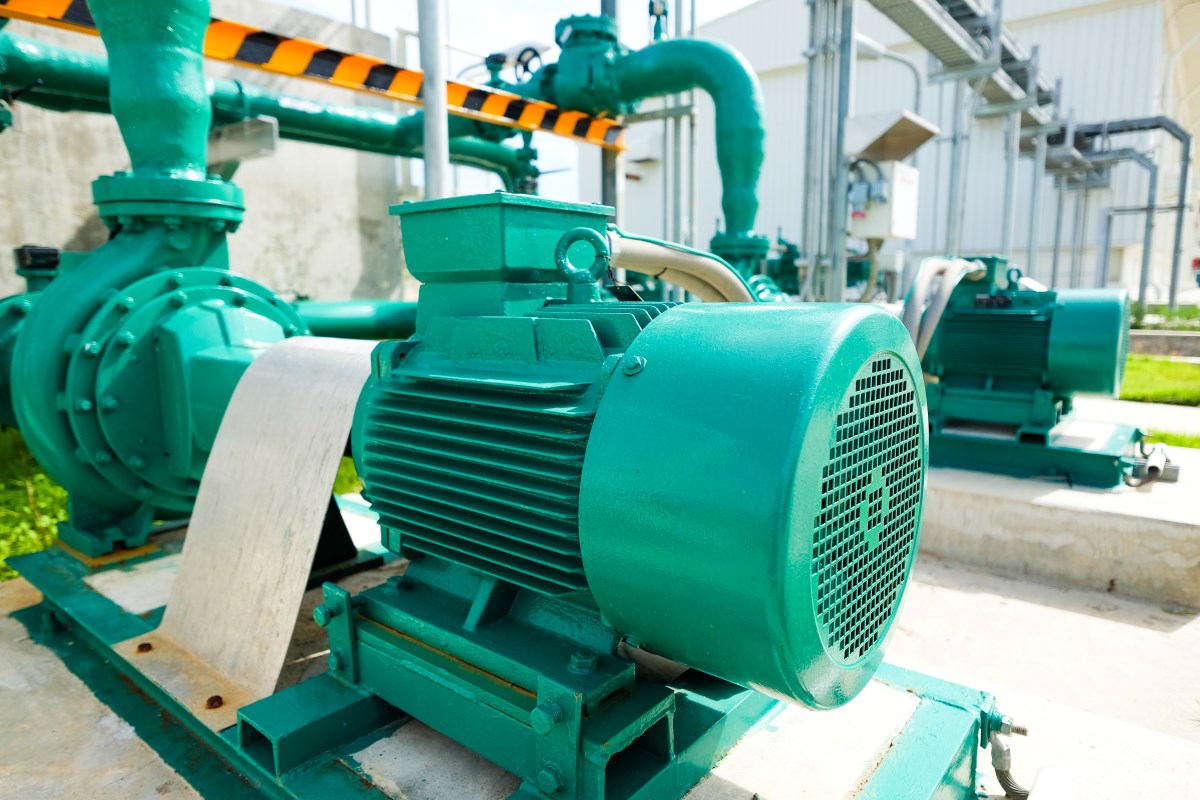
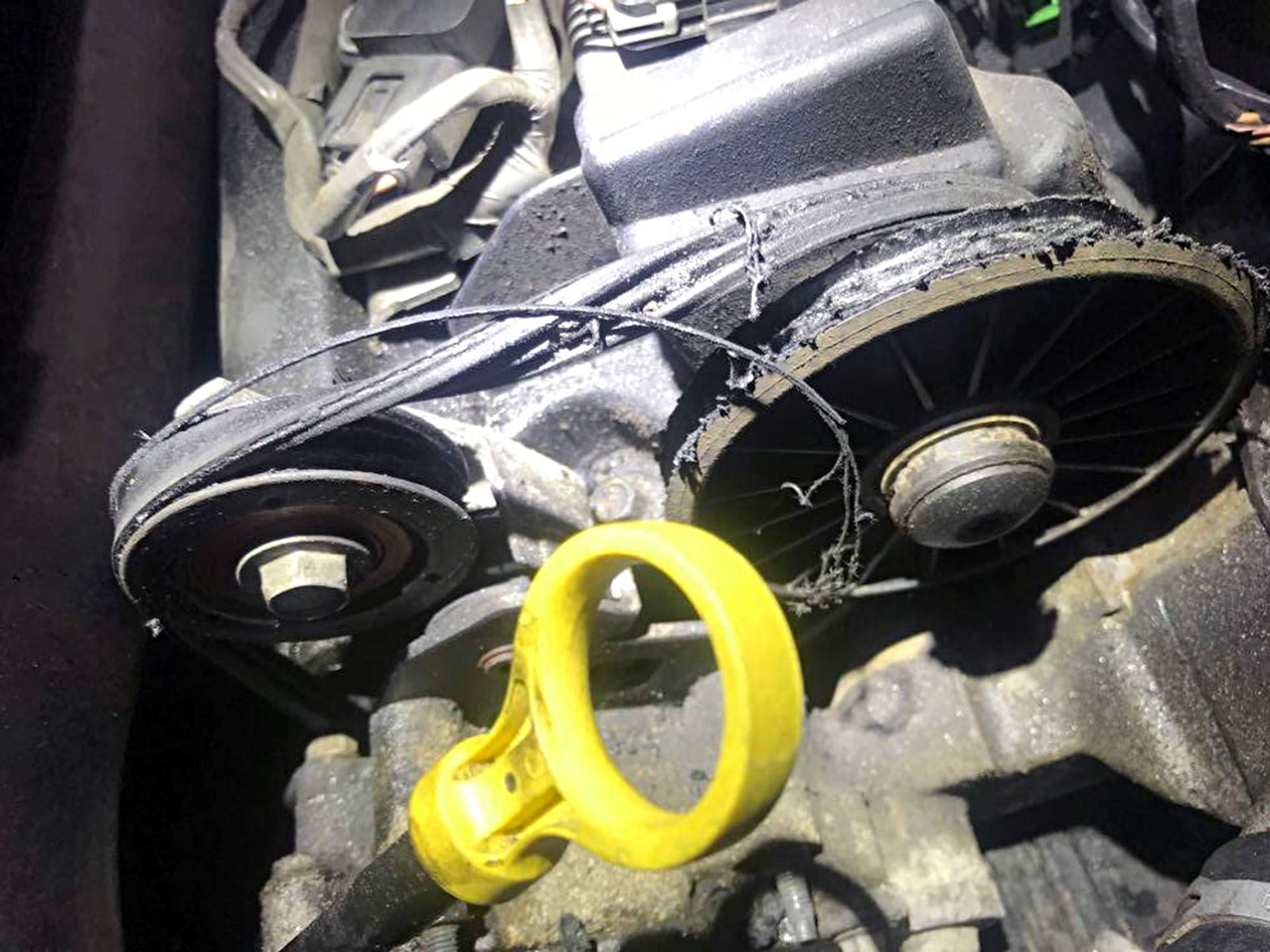
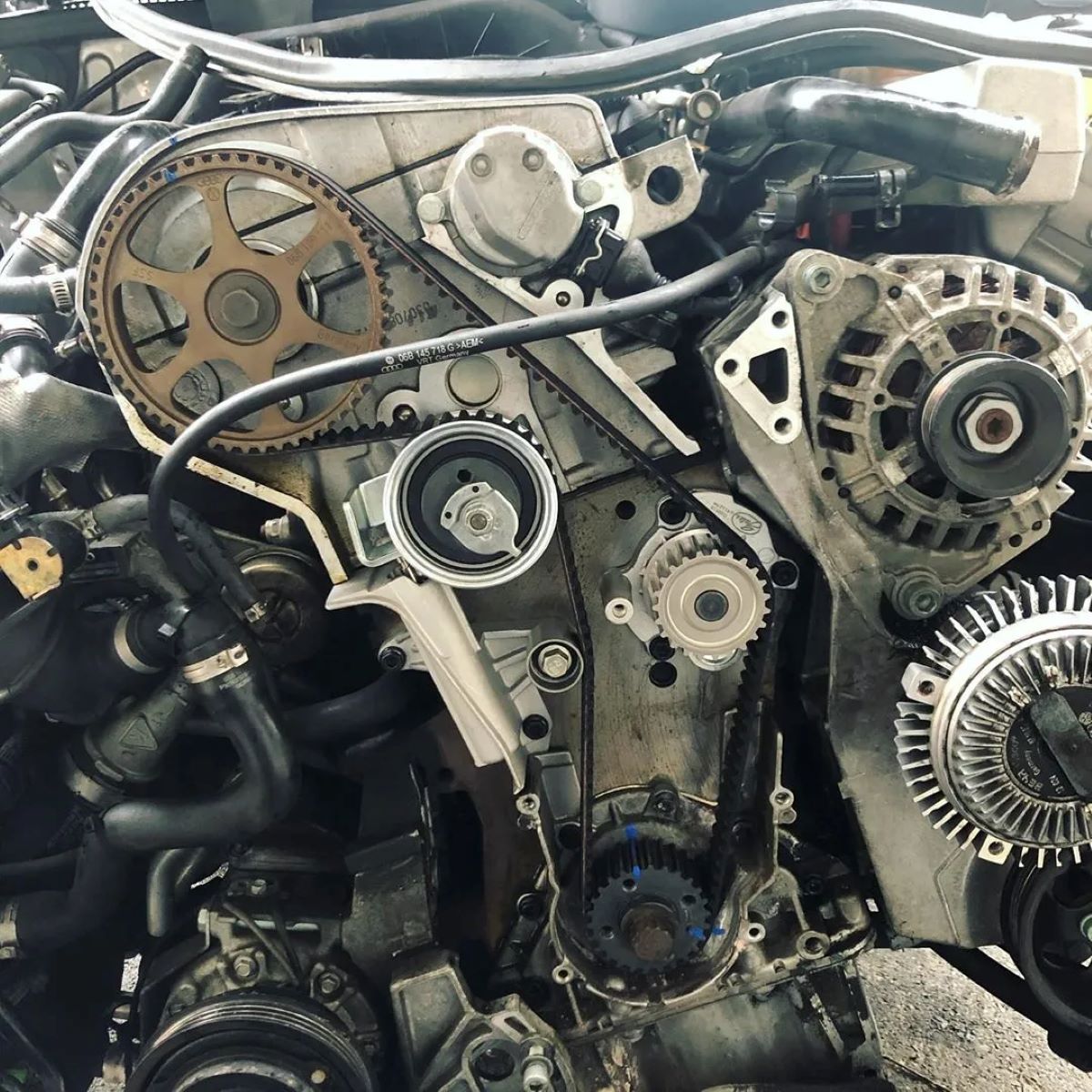
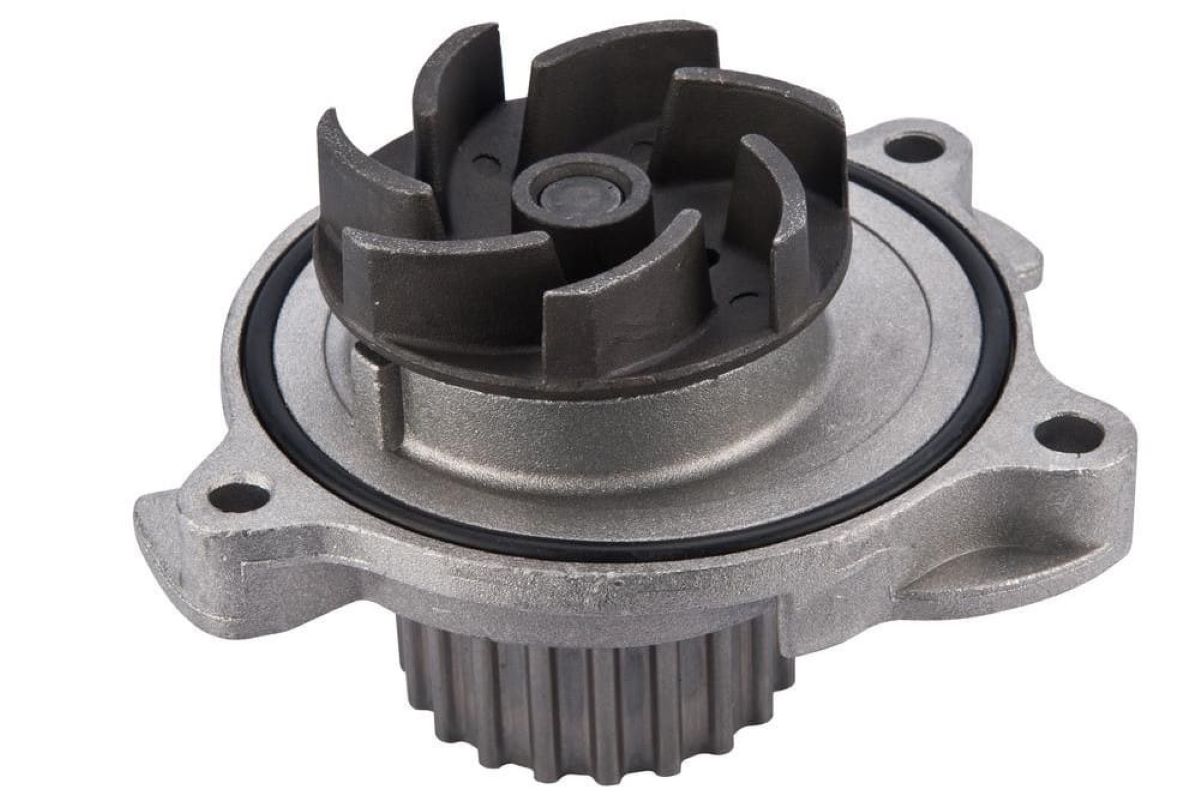
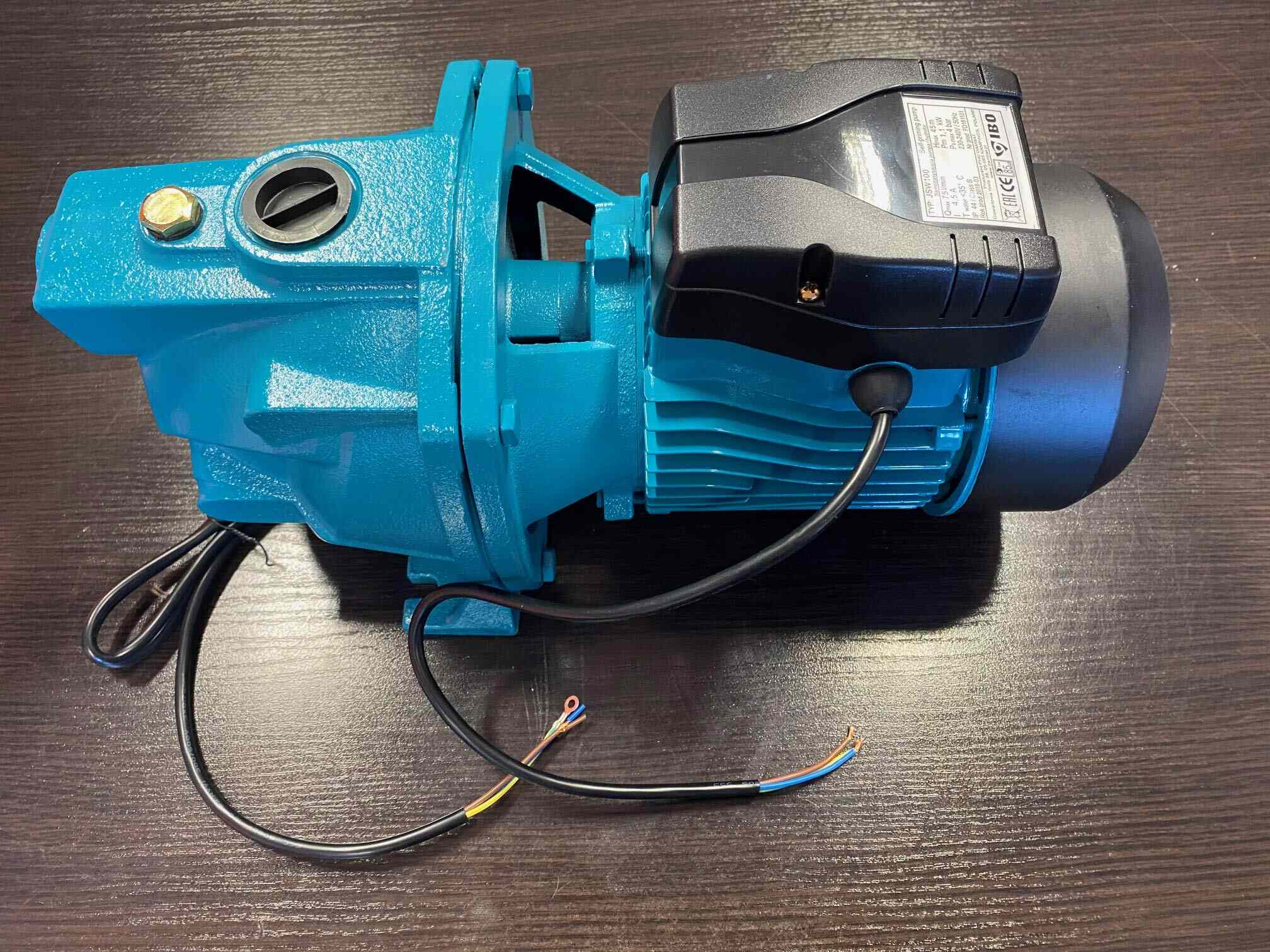
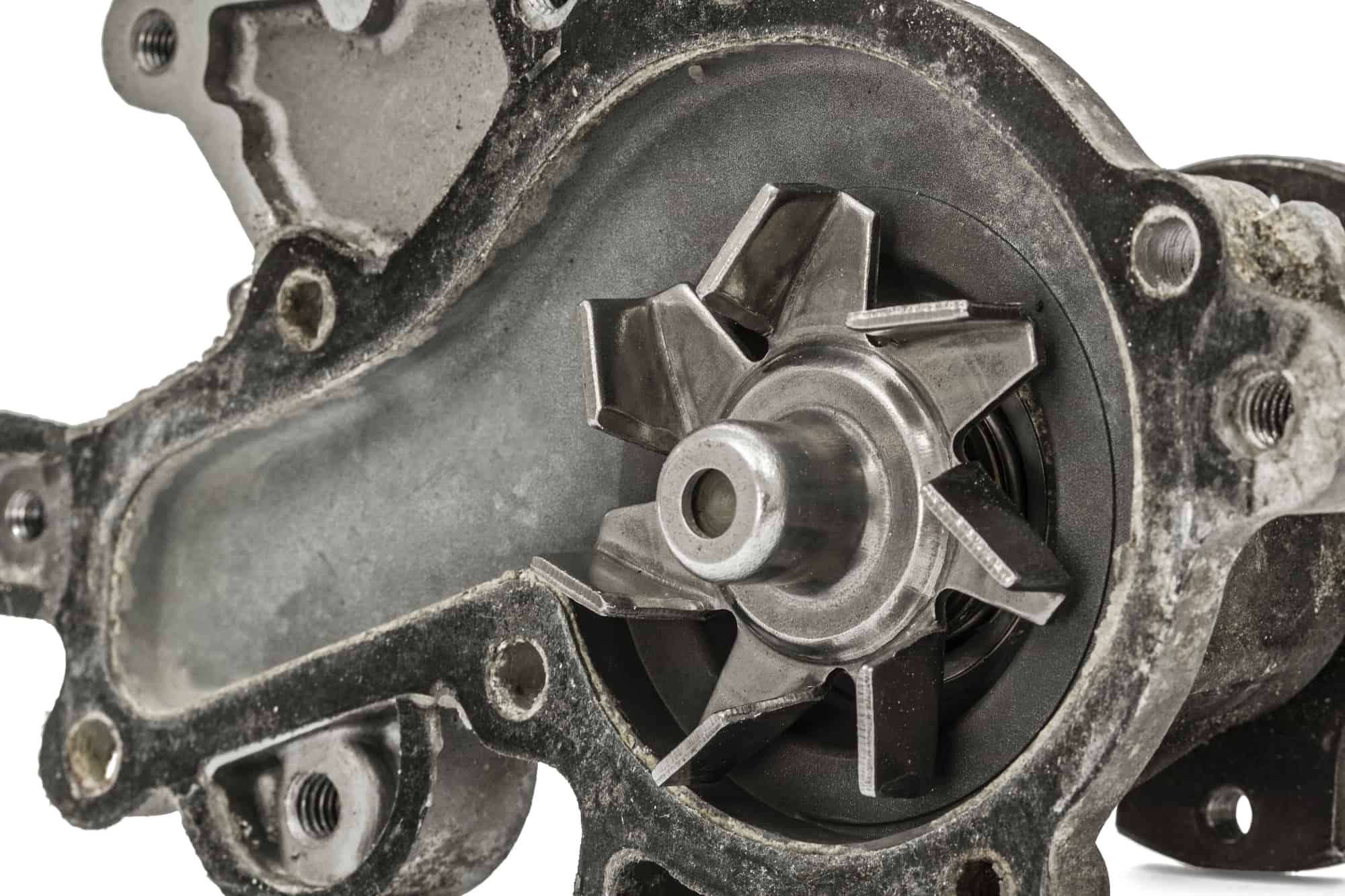
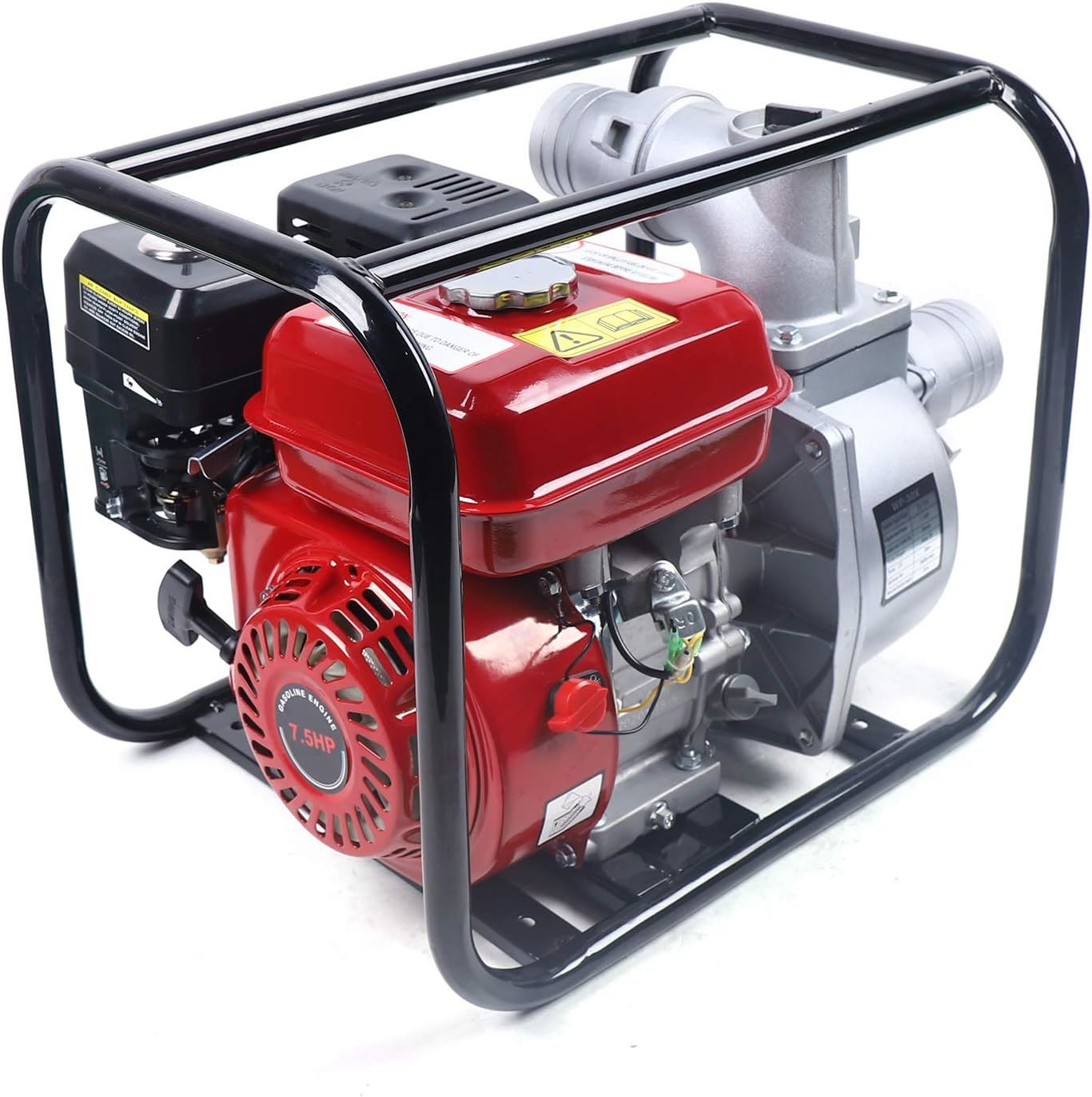
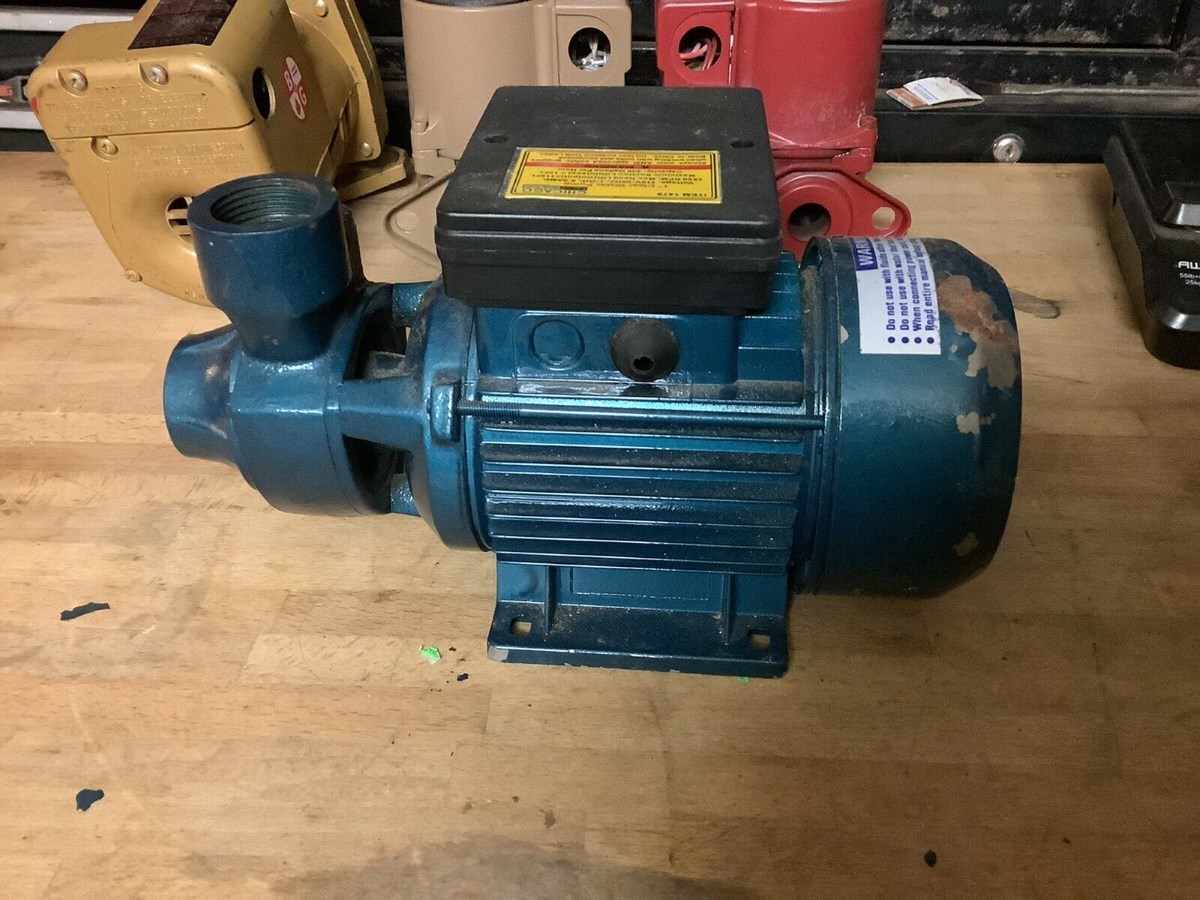
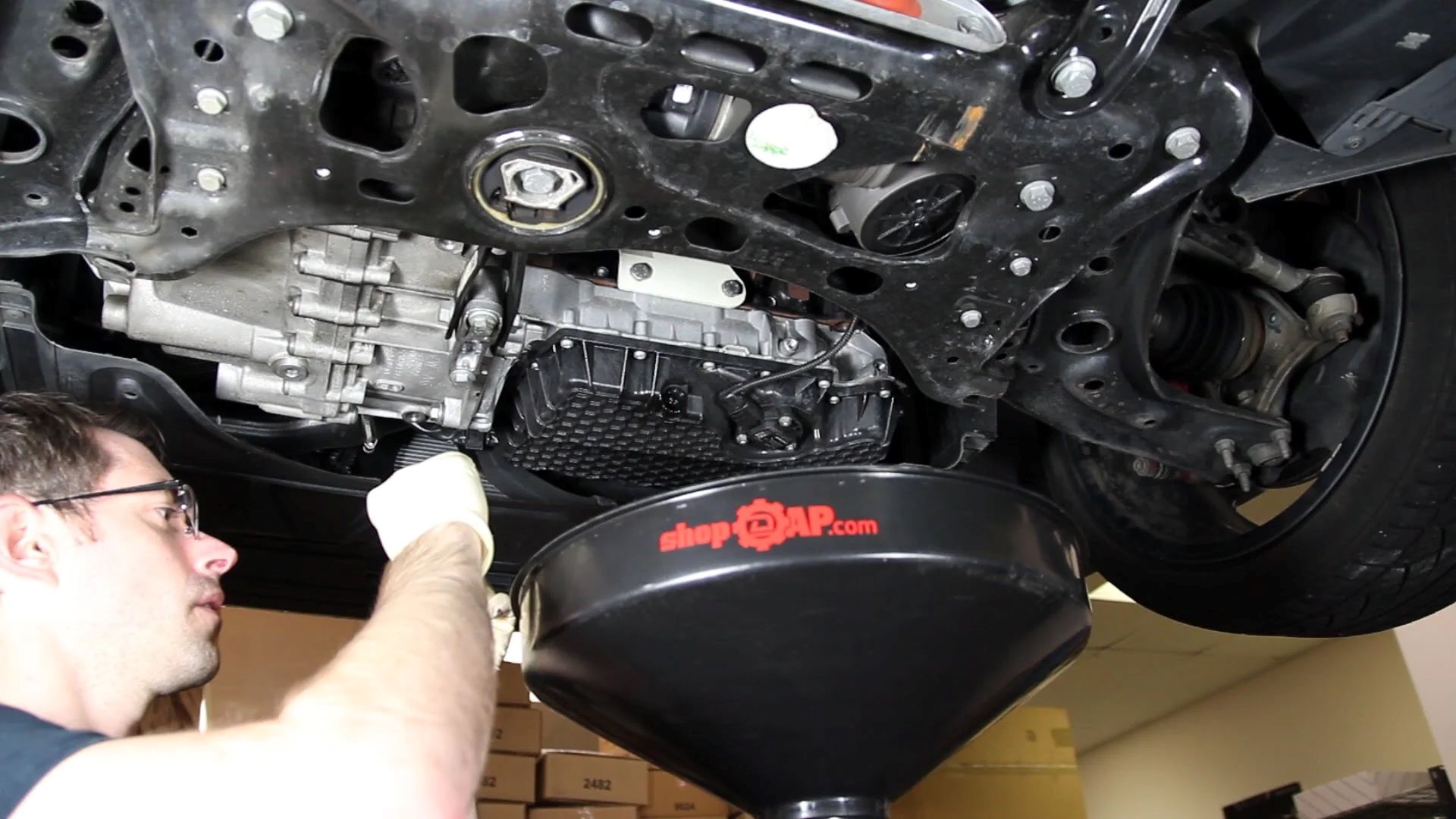
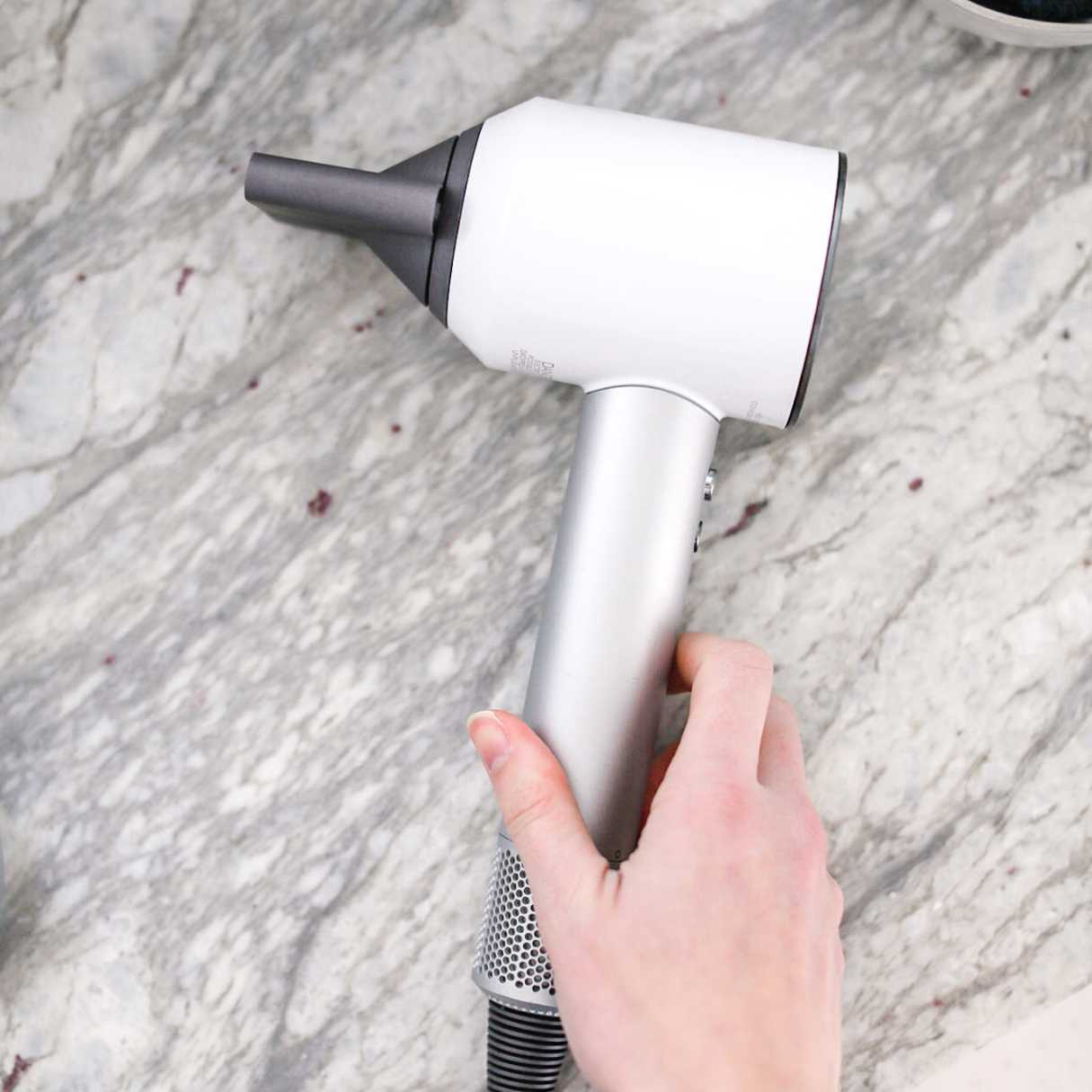
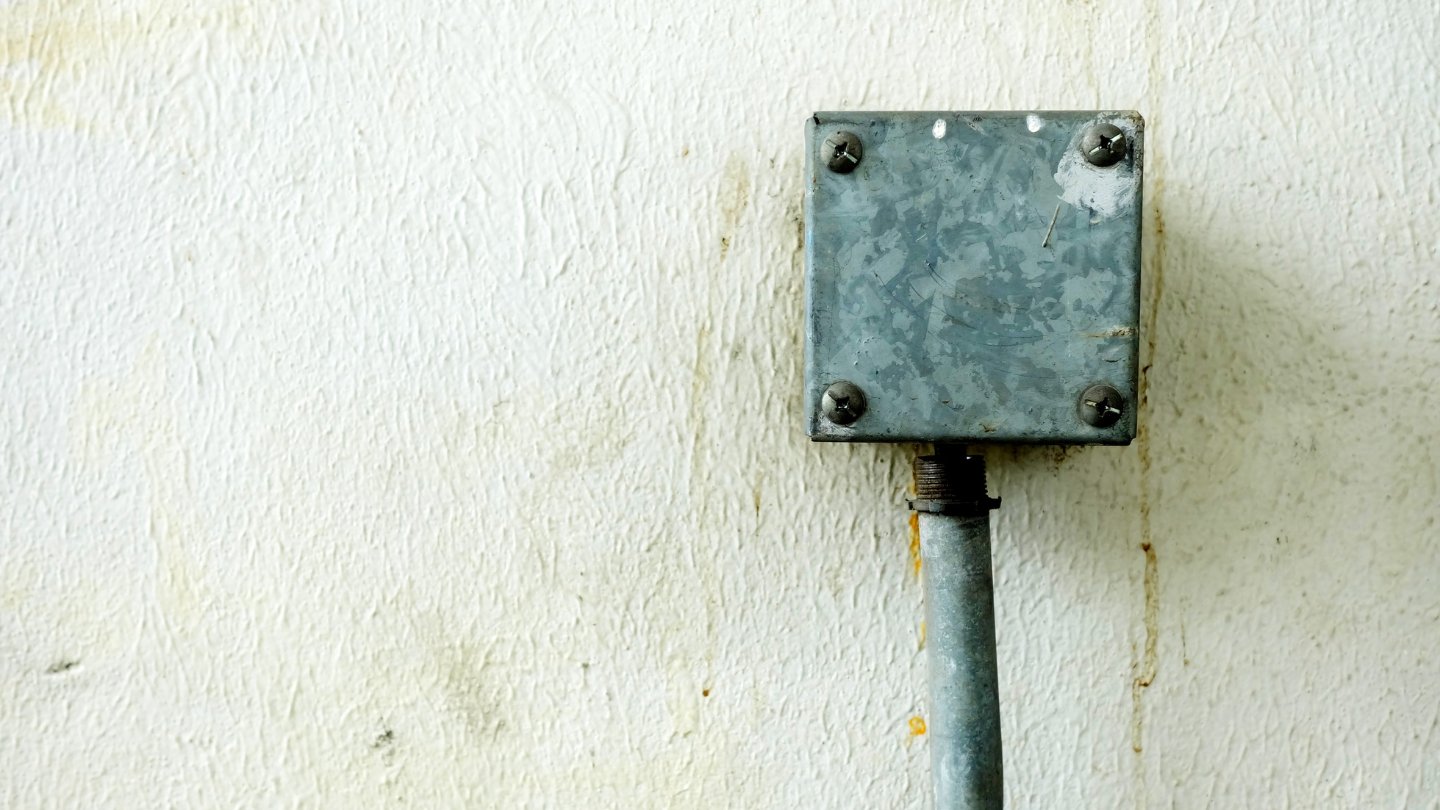
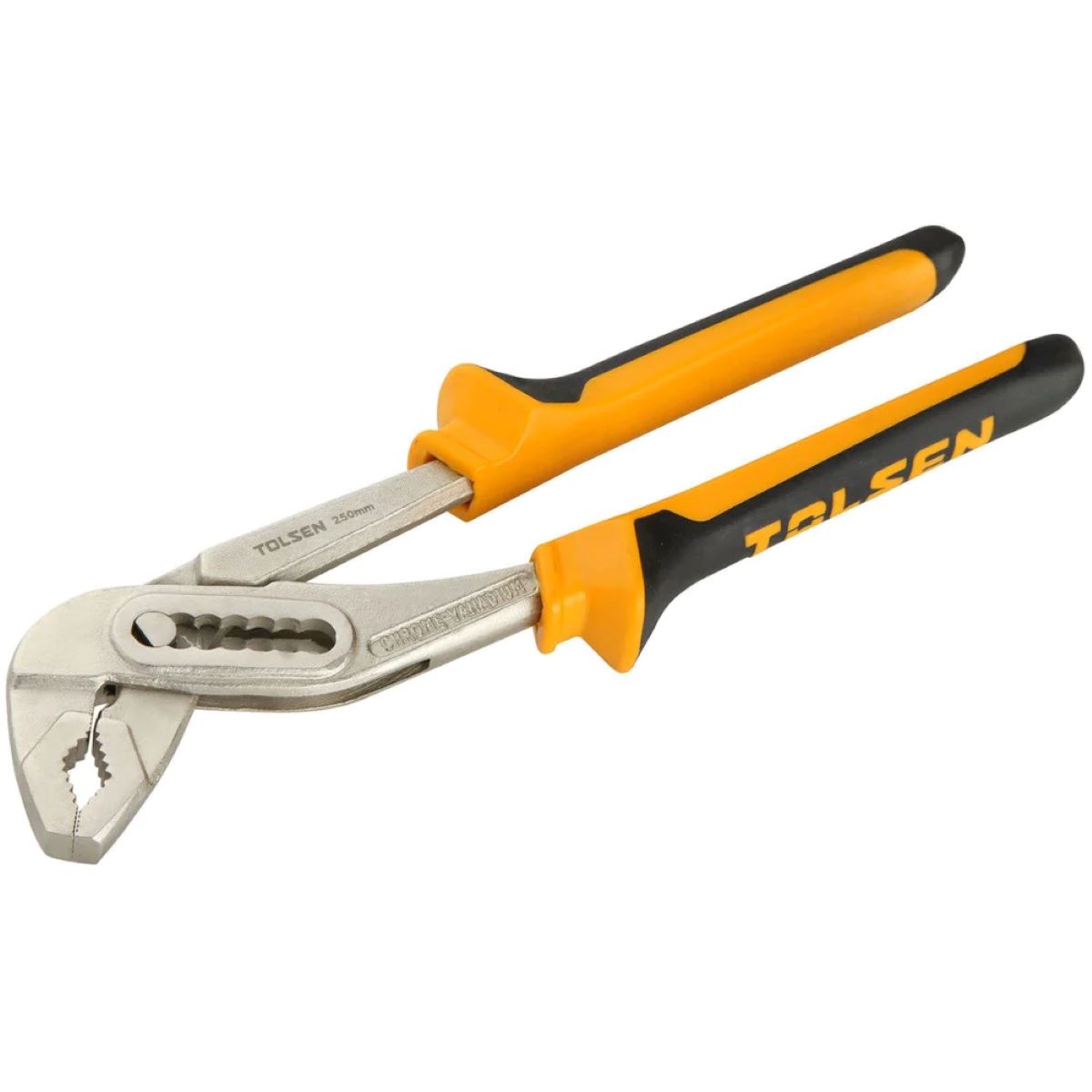
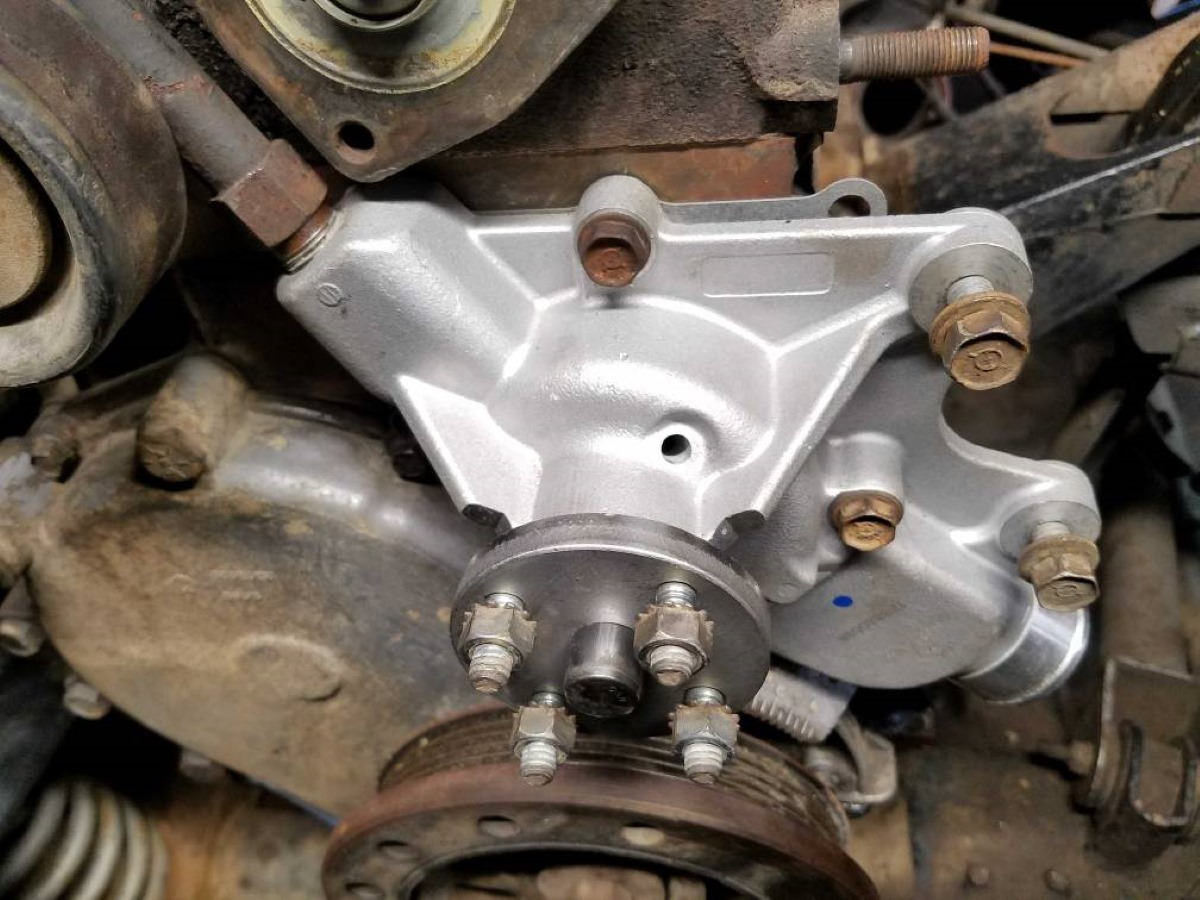

0 thoughts on “What Happens If Water Pump Fails”